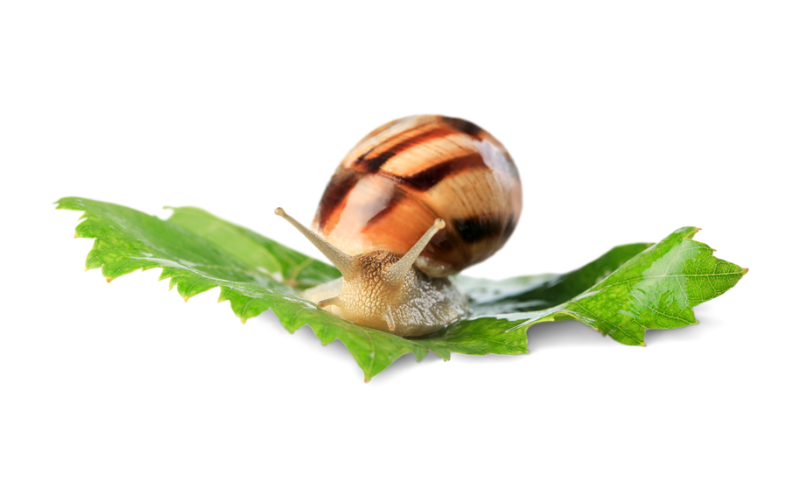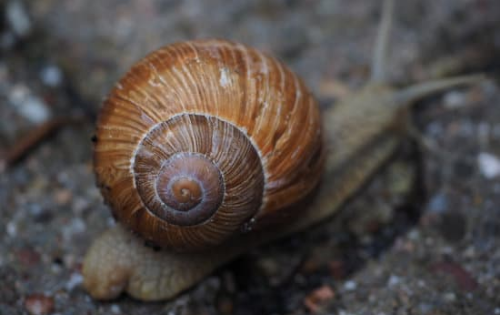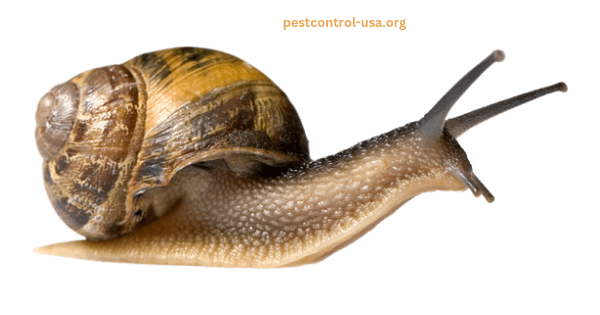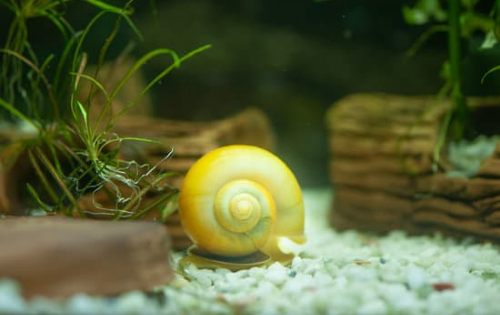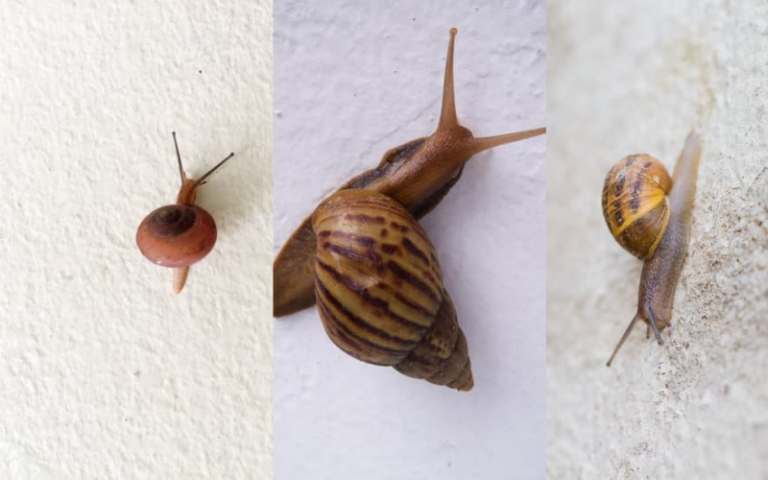There are various methods of controlling snail populations in vegetable gardens without resorting to chemical treatments. These methods include laying down grit, placing vegetable gardens away from hiding areas, using traps and bait, employing barriers and repellents, and using biological control measures such as introducing predators or beneficial nematodes into the garden. These effective and organic techniques can help keep vegetables safe from hungry snails!
Snails and slugs can be a major problem for vegetable gardeners, as they feed on the leaves of plants and can quickly decimate a crop. Fortunately, there are several methods for controlling snails in vegetable gardens that are both effective and organic.
Lay Down Grit
Many gritty substances make effective snail repellents. Gritty substances will cut the body of the snail, which will lead to it leaving the area. Examples of grit include eggshells, sand, diatomaceous earth, and wood ash.
Place Vegetable Gardens Away from Hiding Areas
Reducing hiding places allows fewer snails to survive in your garden. Placing your vegetable garden away from areas where snails hide such as under rocks or logs is an effective way to reduce their numbers.
Use Traps and Bait
Traps and bait are an effective way to control snail populations in your garden. Traps such as beer traps or boards placed near susceptible plants can attract snails away from your vegetables while bait containing iron phosphate can help reduce their numbers by killing them off without harming other organisms in your garden.
Use Barriers and Repellents
Barriers such as copper tape or mesh fencing around vulnerable plants can help keep snails out of your vegetable garden while repellents such as garlic spray or coffee grounds can deter them from entering the area.
Employ Biological Control Measures
Biological control measures such as introducing predators like ducks or chickens into your garden can help keep snail populations down without resorting to chemical treatments. Additionally, introducing beneficial nematodes into the soil will help kill off any eggs that have been laid by snails before they hatch. In conclusion, there are many ways to effectively control snail populations in vegetable gardens without resorting to chemical treatments.
By using grit, placing gardens away from hiding areas, using traps and bait, employing barriers and repellents, and introducing biological control measures you can keep your vegetables safe from hungry snails!
FAQs:
Q: What is an effective way to repel snails?
A: Many gritty substances make effective snail repellents such as eggshells, sand, diatomaceous earth, and wood ash.
Q: How do I prevent snails from entering my vegetable garden?
A: You can use barriers such as copper tape or mesh fencing around vulnerable plants to keep them out of your vegetable garden while repellents such as garlic spray or coffee grounds can deter them from entering the area.
Q: What is a good way to reduce snail populations?
A: Traps and bait containing iron phosphate are an effective way to reduce their numbers by killing them off without harming other organisms in your garden. Additionally introducing predators like ducks or chickens into your garden can help keep snail populations down without resorting to chemical treatments while beneficial nematodes introduced into the soil will help kill off any eggs that have been laid by snails before they hatch.

